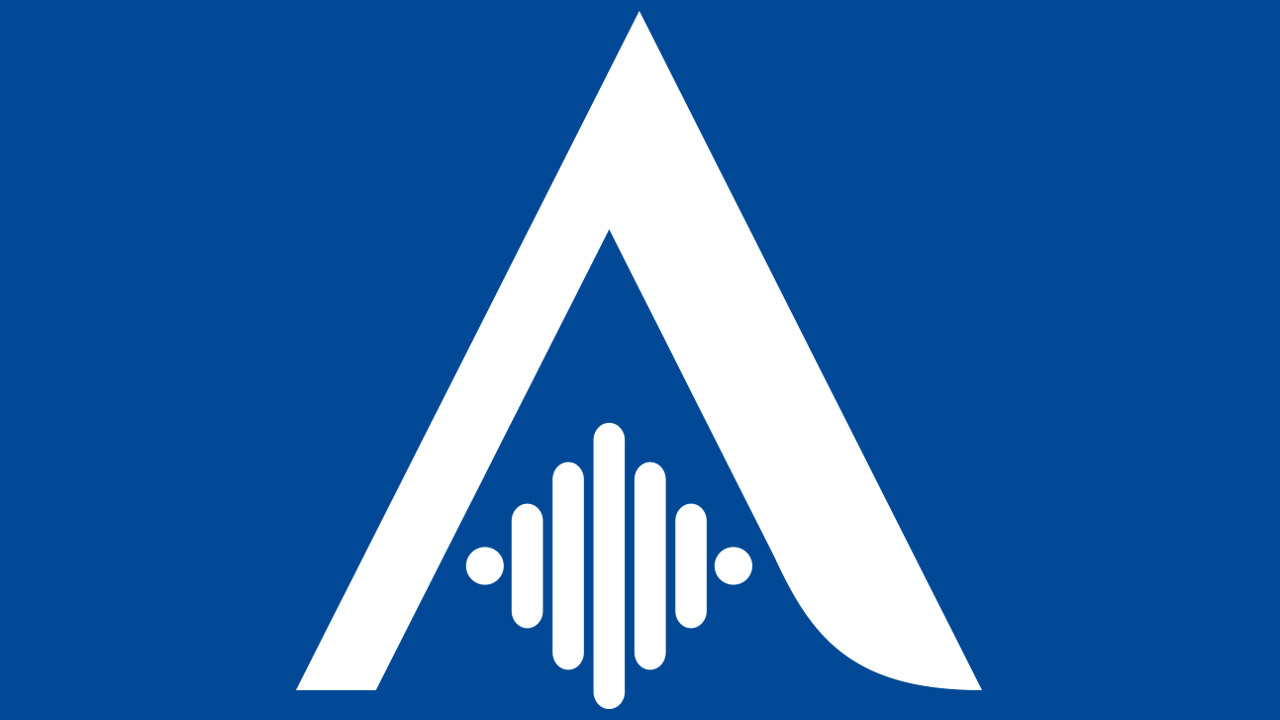
28-02-2011
AlmavivA has developed a long-term training project focusing on the use of the SISS System – the regional social and healthcare information system of Lombardia – targeting 18,000 doctors, pharmacists and social/healthcare workers.
02/28/2011
Training project for doctors and social/healthcare workers of the Region of Lombardia: another AlmavivA success story
AlmavivA has developed a long-term training project focusing on the use of the SISS System – the regional social and healthcare information system of Lombardia – targeting 18,000 doctors, pharmacists and social/healthcare workers.
The client
The Regional Government of Lombardia
The challenge, solutions and benefits
The CRS-SISS Project – regional citizen services smartcard for the social and healthcare information system – is part of the much broader regional project, launched in 1998, the aim of which was to develop a social and healthcare system streamlining communication and information exchanges between all health system stakeholders, based on the smart card technology (Operator and Citizen SmartCards). This led to the SISS Project, a leading edge regional information system, based on a communication and cooperation infrastructure dedicated to the social and healthcare authorities and operatives for optimizing Citizen services and the relevant procedures.
In 2003, AlmavivA – in a joint venture with Telecom Italia (leader) and Lutech – was awarded the contract for managing 23 sub-projects under the broader SISS umbrella project. The Regional Government’s principal need was to enable all the regional health system stakeholders to communicate via a single information network (SISS), in order to share information, improve services, plan the social/healthcare system, integrate the SISS System with the nationwide information systems and streamline social/healthcare system processes.
The communication and services infrastructure developed under the contract enables the health system stakeholders to cooperate and links up the regional systems with the local health authorities, GPs and pharmacies.
The communication and services infrastructure developed under the contract enables the health system stakeholders to cooperate and links up the regional systems with the local health authorities, GPs and pharmacies.
The SISS System has revolutionized how the health system stakeholders communicate, relate to each other and operate. Therefore, a significant part of the project has been dedicated to promoting the benefits of the new system for the general public and, above all, raising awareness, disseminating information and training the healthcare operatives involved. AlmavivA, drawing on its experience in handling complex projects, change management and consulting, provided the training services and performed the design, organization, delivery and outcome assessment activities, fostering the development of skills and innovation and supporting the CRS-SISS project in the change process.
From an organizational point of view, AlmavivA’s activities focused on external training, preparing the technical manuals and internal training for the Regional Government’s IT infrastructure.
The following methods were applied:
- on-site training, comprising multi-module training sessions held primarily at the premises of the Local Health Units, concomitantly with the releasing of the applications and the admittance to the project of new groups of users
- online distance training (ODT), comprising training modules designed to further investigate all or parts of the classroom functionalities, to support the trainees who had already attended daily classroom sessions
- workshops, involving hundreds of operatives, in respect of the system innovations.
Throughout the seven years of activity, AlmavivA’s Training Service has organized 1,814 training sessions/workshops throughout the region for over 18,000 general medicine physicians, GPs, pediatricians, pharmacists and healthcare operatives. AlmavivA has also designed and developed over 30 hours of online training courses, posted on the Region’s online distance training platform and which can be accessed and used by all the stakeholders.



